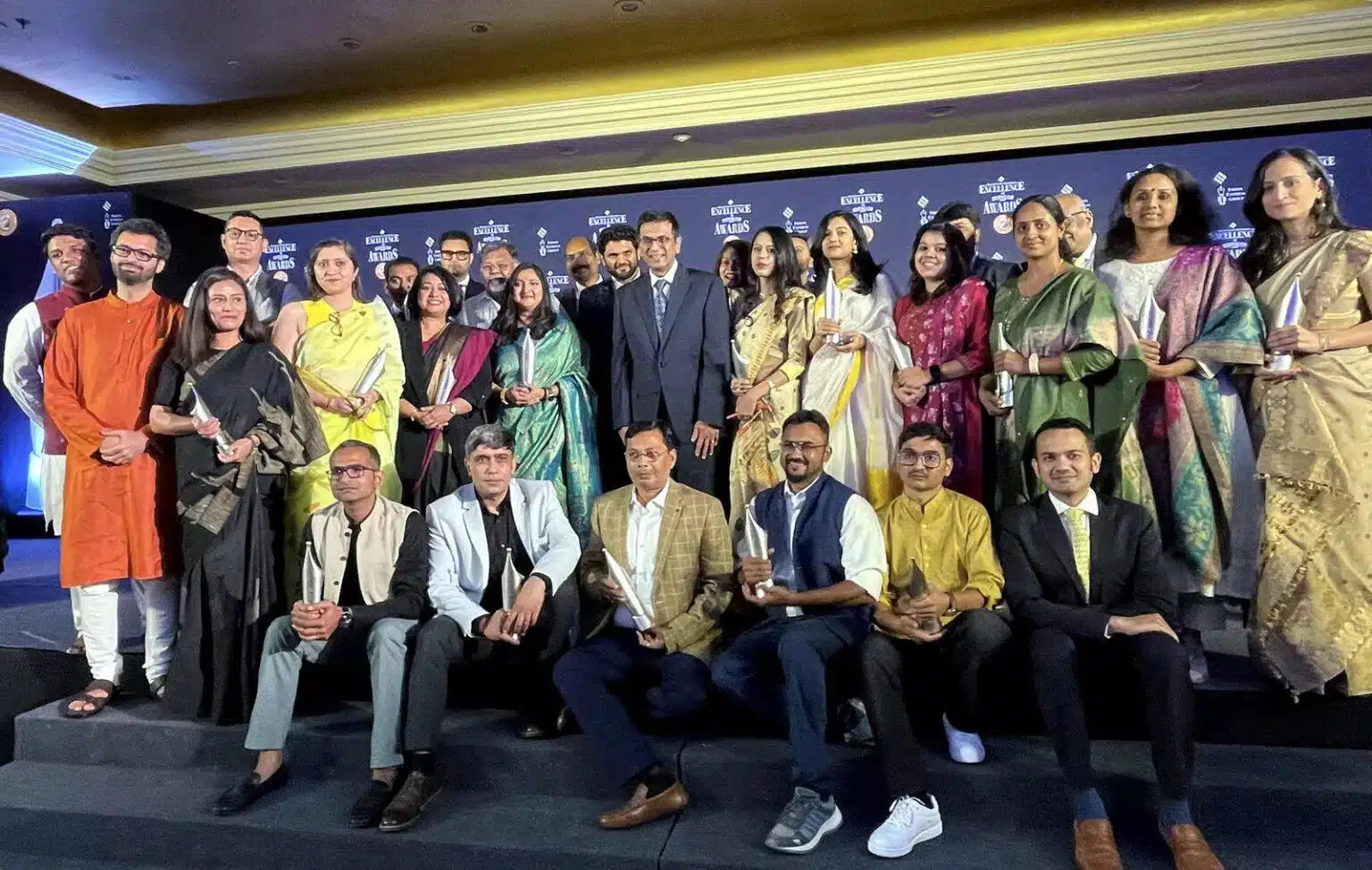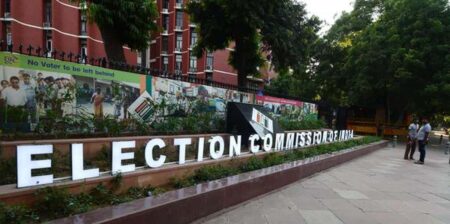Journalists are crucial in shedding light on legal complexities, but selective quoting of judges can distort public understanding. Accurate and impartial reporting is essential to provide a complete picture: CJI

CJI DY Chandrachud addressing Ramnath Goenka Excellence in Journalism Awards, organized by the Indian Express in partnership with the Ramnath Goenka Foundation,delivered the keynote address.
Free Press Critical To Safeguard Democracy: CJI
The CJI stated that when the press is restricted from speaking truth to those in power and asking tough questions of those in authority, it undermines the vitality of democracy. He said that, the media is a critical part of democracy, serving as the fourth pillar of the state. For democracy to function properly, journalism must be allowed to develop as an institution capable of asking challenging questions of those in power and speaking truth to authority. If the press is prevented from performing this vital function, it undermines the vibrancy of democracy. The Supreme Court of India has repeatedly affirmed the importance of journalists’ rights, stating that the freedom of the press is essential to safeguarding India’s freedoms.
The Pen Is Mightier Than The Sword
Justice Chandrachud commented on the relationship between law and journalism, stating that both professions recognize the power of the written word, but also face the risk of not being popular with the public. He mentioned that his judicial clerk has advised him not to browse Twitter due to the negative comments directed at him. Journalists strive to simplify complex facts, but accuracy must not be sacrificed in the process, as this can complicate matters further. The role of journalists is to eliminate unnecessary information, not to distort it.

CJI Lauds Media’s Role In Pandemic, Urges Accuracy In Reporting
He stated that the media serves as the fourth pillar of democracy and plays a critical role in speaking truth to power. He further highlighted the role of media in disseminating information during the COVID-19 pandemic and the judiciary’s reliance on news reports to take suo motu cognisance of rights violations. He praised the media for bringing to light administrative loopholes and excesses, citing an article in Scroll.in that revealed Gujarat’s mandate to accept only Covid patients arriving in ‘108’ ambulances. He urged the media to continue its efforts in breaking down complex information while ensuring accuracy in its reporting.
Fact-Check Vital To Bridge Truth-Lie Gap
The Chief Justice stressed the importance of a reliable fact-checking system for news, as fake news has the potential to create tensions and even undermine democracy. He emphasized the need to bridge the gap between truth and lies. The media should be inclusive and diverse, and newsrooms should reflect a wide range of perspectives, as journalism cannot be exclusive.

CJI Cautions Against Media Trials, Stresses Responsible Journalism
The CJI expressed concern over media trials, stating that in some cases, the media has declared the accused guilty in the eyes of the public even before the courts have had a chance to make a ruling. He emphasized the importance of responsible journalism, which should not violate the rights of the innocent. The CJI stressed that accurate, impartial, and fearless reporting is essential for democracy to thrive, particularly as we navigate the challenges of the digital age.
CJI Stresses Tolerance And Condemns Hatred In Journalism
The Chief Justice emphasized the importance of tolerating differences, acknowledging that citizens may not always agree with journalists’ approaches or conclusions. He cautioned that disagreements should not escalate into hatred or violence, and emphasized that no society can afford to normalize hatred. Justice Chandrachud also acknowledged that he himself disagrees with many journalists, but urged for responsible and respectful discourse.













